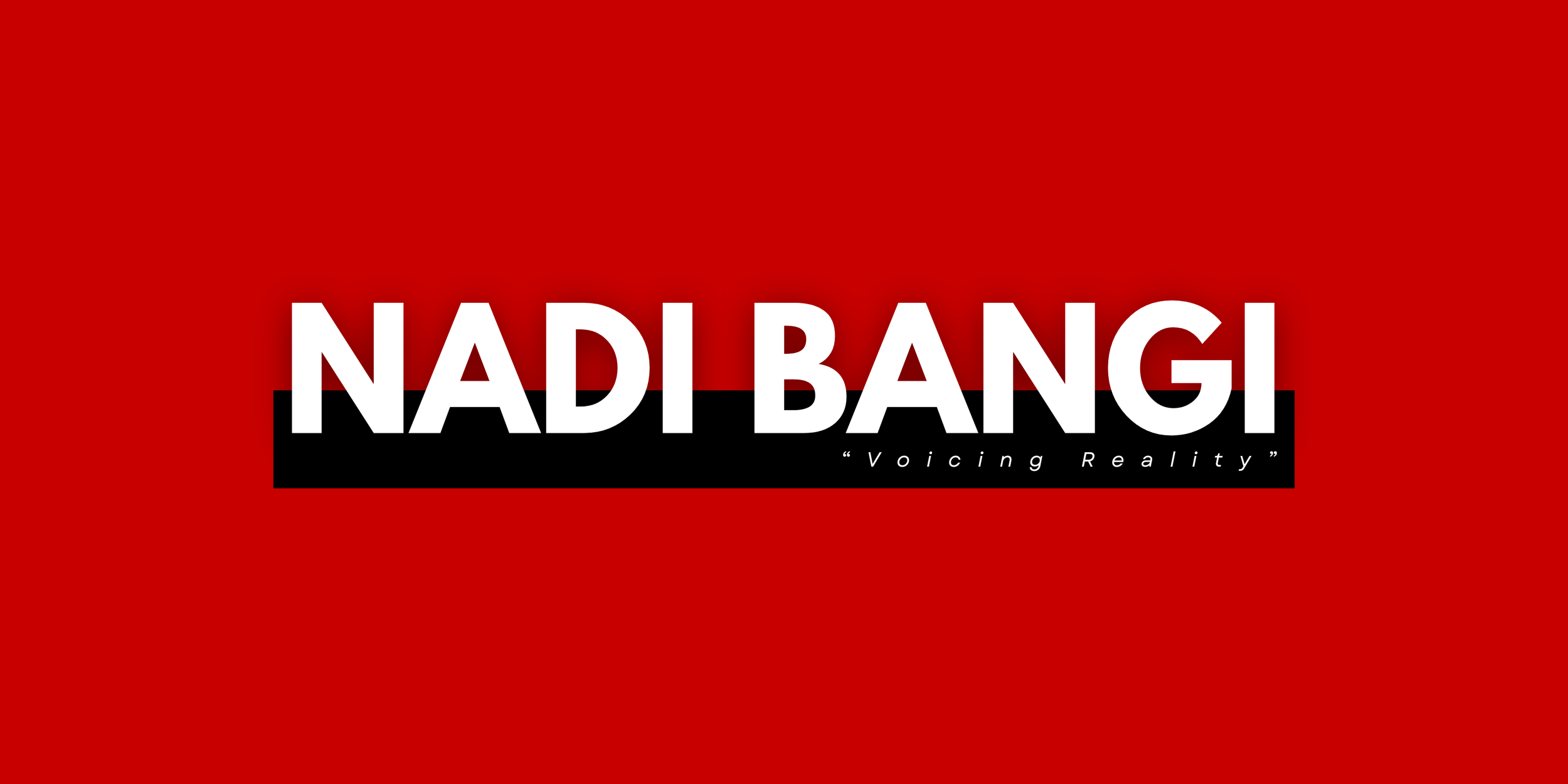
It’s Time Malaysia Consider Drug Testing Booths at Raves
Author: ASHIQIN AHMAD
Editor: WAN ALYA
Let’s be honest, drugs exist at raves. When hundreds of Malaysians gathered at the Verknipt event in Kuala Lumpur recently, it was not just the heavy bass and lasers that drew attention. Whispers about suspected overdoses and drug-related incidents resurfaced a long-standing issue; the safety of our music festivals. Despite zero-tolerance drug policies, it seems like punishment is not the solution to this crisis.
However, this issue does not go unnoticed, even within the rave community itself. There is a growing number of advocates in the community encouraging people to rave sober and safely. This is especially prevalent on social media such as TikTok, where people tend to spread positivity among the community that practice act of PLUR (which stands for Peace, Love, Unity and Respect), a common phrase known in the rave community to promote safety and respect. We are starting to take the right steps towards preventing this issue, but why stop there?
Government Actions To Prevent Drug-Related Incidents
In a press conference on April 21 during the Kempen Belia Bebas Dadah, Youth and Sports Minister, Hannah Yeoh, announced a set of new Standard Operating Procedures (SOPs) for Electronic Dance Music (EDM) events. These include hydration points, on-site medical personnel, visible anti-drug education materials, hospital preparedness, and K9 unit deployment.
“These SOPs are designed to make events safer, not only for organisers but especially for our youth,” Yeoh stated, reinforcing the ministry’s focus on prevention and harm minimisation.
For the first time, it felt like the government finally heard the community and are taking safety measures to protect their youths. For too long, the conversation around drugs and music festivals has been reactive, often resulting in cancellation of events or moral panic. But while these SOPs represent important progress, there is still a missing piece in our harm reduction strategy, which is the ability to test substances before they are consumed.
Anonymous Drug Testing Booths
Malaysia would not be the first to consider this. Australia has taken bold steps in acknowledging that drug use does not disappear just because it’s illegal. In 2024, New South Wales announced a 12-month pill testing trial, while Victoria introduced testing booths at festivals like Beyond the Valley. These booths, often operated by trained professionals, allow users to anonymously test substances to check for dangerous or unexpected ingredients without fear of arrest or judgement.
According to NSW, drug testing booths do not promote drug use. They acknowledge the reality of it and provide young people with information that could save their lives. In the same way we don’t ban cars but install seat belts, we shouldn’t ignore the tools that can reduce deaths even if the topic makes us uncomfortable.
Legality And Morality
Malaysia has a strict law against drug policies. According to the Dangerous Drugs Act 1952 (Section 39B), penalties for the possession and use of dangerous drugs (including cannabis) is punishable by death or life imprisonment with whipping. A harm reduction approach would require legal reform or special exemptions such as legal protection for NGOs to conduct anonymous testing.
Opponents might argue that allowing drug testing sends the wrong message. But the truth is, the message we send now, fueled by fear and harsh punishment, has failed to prevent drug-related hospitalisations and deaths. It’s time we stop framing this issue through a purely moral lens and start viewing it through the lens of public health.
At the end of the day, the Malaysian rave scene isn’t going anywhere. Neither, realistically, is recreational drug use. But what can change is how we respond to it. In combination with education, medical readiness and a safe space to open up about drug dependency, perhaps our youths will have a better chance at making informed decisions.
Mengenai kami
Nadi Bangi adalah portal akhbar makmal Program Komunikasi Media, Fakulti Sains Sosial dan Kemanusiaan, Universiti Kebangsaan Malaysia (UKM). Sebarang pandangan atau kandungan yang disiarkan tidak mewakili UKM. Ditubuhkan dengan objektif untuk menjadi suara warga kampus, Nadi Bangi menyajikan laporan berita, rencana khas, serta pandangan kritis berkenaan isu semasa yang berlaku di dalam dan luar kampus.
